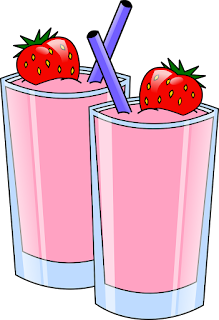There are several types of juicers available on the market, each with its own unique features and functionality. The main types of juicers are:
1. Centrifugal Juicers: These juicers use a rapidly spinning blade to extract juice from fruits and vegetables. The produce is pushed through a feed chute, and the spinning blade grinds it into a pulp. The centrifugal force then separates the juice from the pulp, which is collected in separate containers. Centrifugal juicers are generally affordable and work well with most fruits and vegetables, but they may not be as effective for leafy greens.
2. Masticating Juicers: Also known as cold press or slow juicers, masticating juicers use an auger or gear to crush the fruits and vegetables and extract the juice. The auger operates at a slow speed, preserving more nutrients and enzymes in the juice. Masticating juicers are particularly efficient in extracting juice from leafy greens and can also be used for other produce. They tend to be more expensive than centrifugal juicers but produce higher-quality juice.
3. Triturating Juicers: Triturating juicers, also called twin gear juicers, are similar to masticating juicers but have two gears that rotate in opposite directions to crush the produce. This type of juicer produces a very high-quality juice with maximum nutrient retention. Triturating juicers are often used by health enthusiasts and are generally more expensive than both centrifugal and masticating juicers.
4. Citrus Juicers: As the name suggests, citrus juicers are specifically designed for extracting juice from citrus fruits such as oranges, lemons, and grapefruits. They usually have a conical shape and ream the fruit against a ridged cone to extract the juice. Some citrus juicers are manual, while others are electric. They are simple to use and clean and are an excellent choice if you primarily want to juice citrus fruits.
5. Wheatgrass Juicers: Wheatgrass juicers are specialized juicers that are designed specifically for extracting juice from wheatgrass and other leafy greens. They often use a slow, masticating mechanism to efficiently extract the juice while minimizing oxidation. Wheatgrass juicers are not as versatile as other types of juicers, but they are highly effective for juicing wheatgrass and similar greens.
6. Juice Presses: Juice presses, also known as hydraulic or cold-press juicers, use hydraulic pressure to extract juice from fruits and vegetables. These juicers operate at very low speeds and produce minimal heat, resulting in highly nutritious and flavorful juice. Juice presses are often used for commercial purposes or by serious juice enthusiasts due to their high efficiency and juice quality. They tend to be quite expensive and require more maintenance.
It's important to consider your specific juicing needs, budget, and the types of produce you plan to juice when choosing a juicer. Each type of juicer has its advantages and disadvantages, so it's a good idea to research and compare different models before making a purchase.

No comments:
Post a Comment